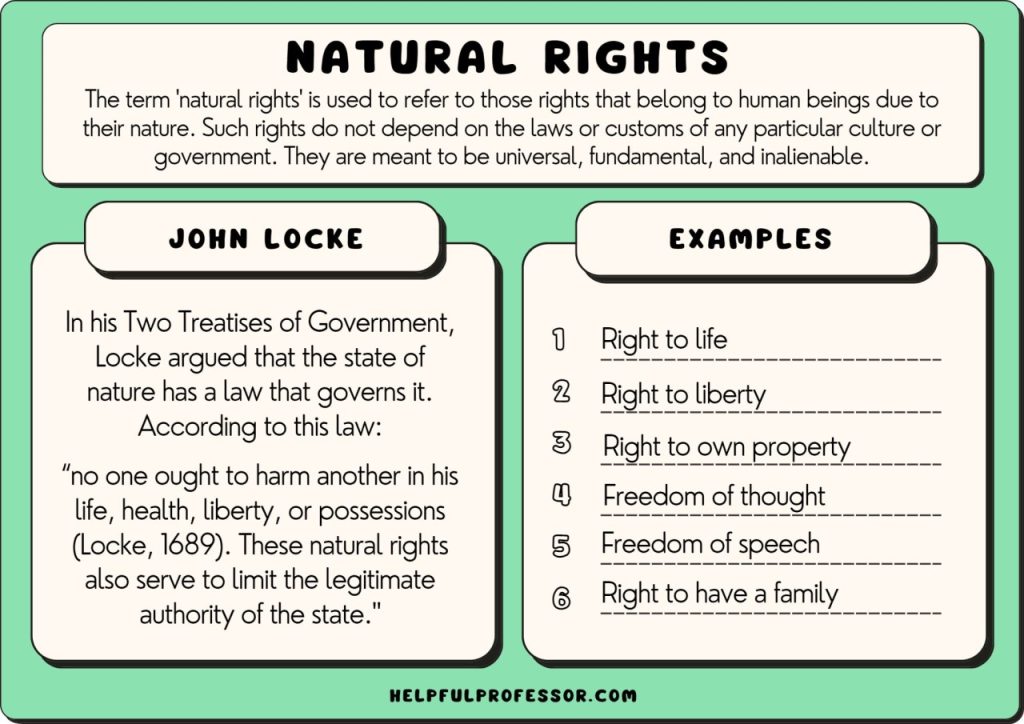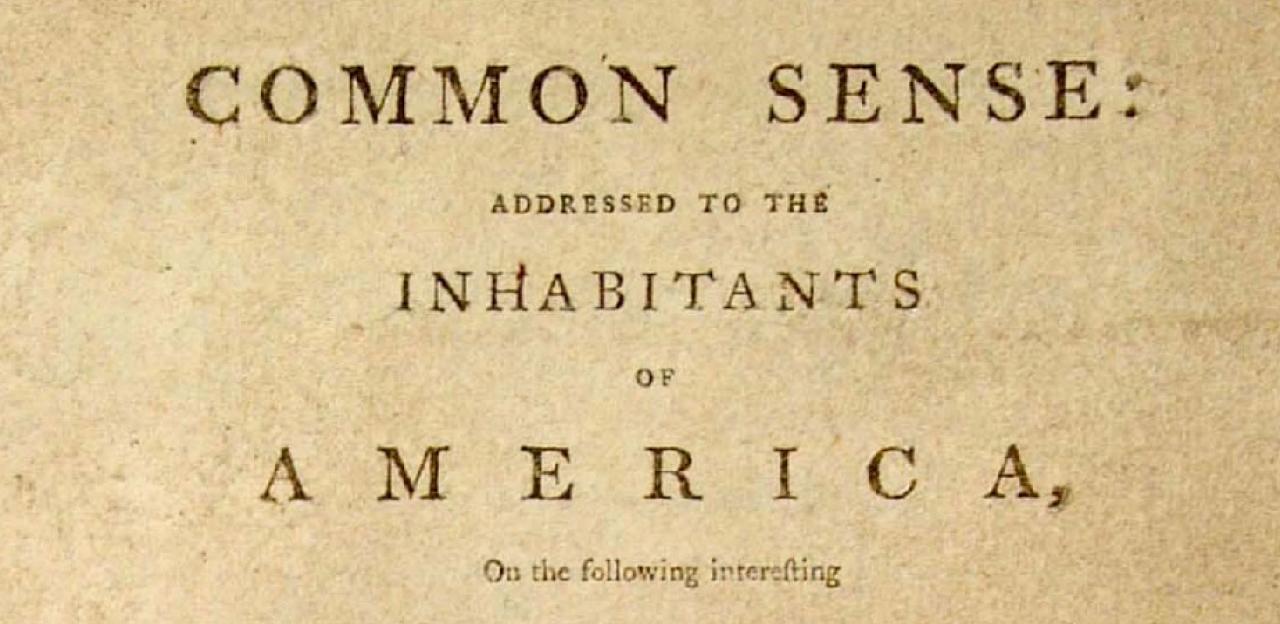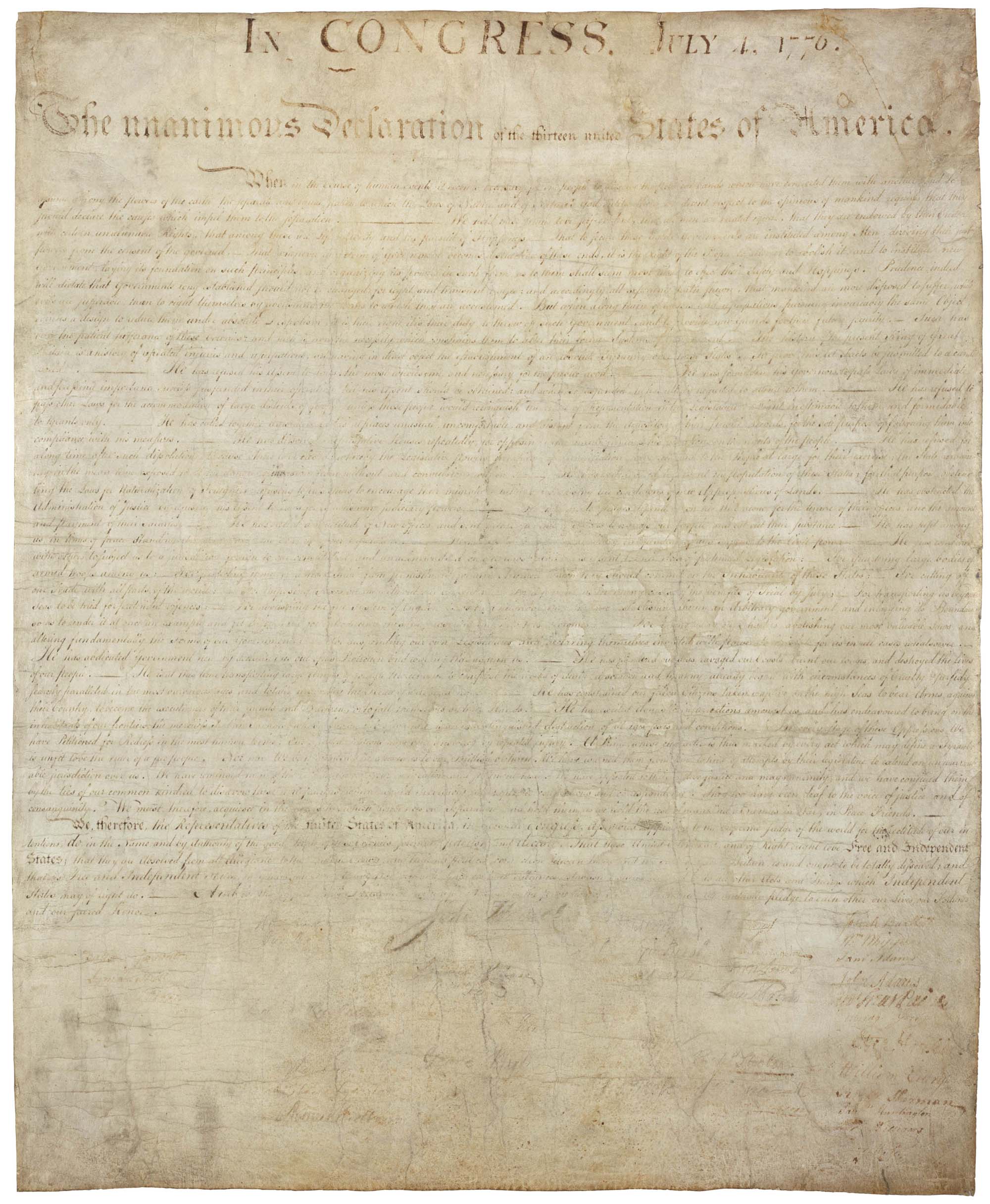3.4 Philosophical Foundations of the American Revolution
6 min read•june 18, 2024
Dalia Savy
J
James Glackin
AP US History 🇺🇸
454 resourcesSee Units
The American Revolution was a pivotal moment in history, marking the birth of the United States of America and the beginning of a new form of government. However, the revolution was not just a political and social event, but also a deeply philosophical one. Let's discuss the ideas that drove the Revolutionary War since colonial leaders called for representation to reflect Enlightenment ideas.
The Enlightenment
The Enlightenment was a philosophical movement that emerged in 18th-century Europe and emphasized reason, individualism, and skepticism. It was a time of great intellectual and cultural awakening, and it laid the foundations for many of the values and ideals that continue to shape modern Western society.
Central Ideas of the Enlightenment
“Reason over Revelation” is normally a tagline associated with The Enlightenment, signifying how people began looking to humans, rather than a deity, to solve their problems and make reason of things going on in their lives. Now, out of reason emerges new political ideas about people, natural rights, and the function of government, questioning the authority of monarchs:
- Being born with a tabula rasa, or blank slate, is a central tenet of Enlightenment thought. It suggests that people are born without innate knowledge or predispositions and that their experiences and environment shape who they become. This creates the idea that everyone is born equal and the son of a king does not have a divine right to rule.
- John Locke wrote a work of political philosophy, titled, "Two Treatises of Government." He argued that people have certain inalienable rights, including the right to life, liberty, and property, that are protected by the government. He believed that these rights are granted by God and are not dependent on the government or any other authority. If any government did not serve its purpose of granting these natural rights, the people had the right to alter or abolish it.

- Thomas Hobbes was best known for his work on the social contract. He argued that the natural state of humanity is a state of war and that people form governments in order to escape this state and ensure their own safety and security. Hobbes believed that the role of government is to provide order and stability, and he argued that people must give up some of their rights in order to live under a strong, centralized government (as stated by the social contract).
- Baron de Montesquieu was a political theorist best known for his ideas about checks and balances and the separation of powers. He argued that in order to protect against tyranny, a government should be divided into different branches, each with its own distinct powers and responsibilities.
- Jean-Jacques Rousseau was a French philosopher who expanded on the social contract theory, emphasizing the importance of the common good. He argued that people are naturally free and equal and the role of the government is to serve the common good and protect the will of the people / their natural rights.
- As discussed, the idea of the social contract arose during this time period, suggesting that people agree to give up some of their individual freedom and rights in order to live in a society with a shared authority or government. According to the social contract theory, government is a product of this agreement, and it exists to serve the common good and protect the natural rights of its citizens.
These ideas generally included individual rights, republicanism, democracy, the separation of powers, equality, a distrust of aristocracy, and an emphasis on science over religion.
The new thinking of the Enlightenment influenced Ben Franklin, John Adams, Thomas Jefferson, James Madison, and Alexander Hamilton in their roles as Founding Fathers. We will see how these ideas influenced the drafting of important revolutionary documents such as the Declaration of Independence and the Constitution as well in the next few study guides.
Common Sense
"Common Sense" is a political pamphlet written by Thomas Paine in 1776, during the early stages of the American Revolution. Paine was a radical who had just arrived from England and was once a poor apprentice. The pamphlet was a powerful and influential piece of writing, and it played a significant role in inspiring support for the revolutionary cause among the American colonists.

Image Courtesy of American Battlefield Trust
In "Common Sense," Paine argued for American independence from British rule. He outlined a number of reasons why the colonists should break away from Britain, including the fact that the British government was too distant and unresponsive to the needs of the colonists, that the British monarchy was corrupt and tyrannical, and that the colonies were capable of governing themselves.
If you were to take a look at "Common Sense," you'd notice the idea of natural rights is prominent. Paine argues that all human beings have certain inherent rights, such as life, liberty, and property, that cannot be taken away by governments. He also stressed the idea of representation, that colonists should have a say and representation in the British parliament which was not the case at the time.
Paine's writing style was direct, simple, and accessible, making it easy for people of all backgrounds to understand and relate to. This allowed it to be a tool to gain support from colonists, rallying them to join the revolution. It essentially shifted the sentiment of the colonists from being loyal subjects of the King to considering themselves as Americans, who were entitled to the same rights and privileges as citizens of any other country.
It is common sense that the Americans should have their own country and not be controlled by a king far away.
The Declaration of Independence
The influence of Enlightenment ideals and Paine's "Common Sense" was immense, making colonists want a republican form of government with equality and representation.
The Second Continental Congress met in Philadelphia in the summer of 1776 to vote on independence from Britain due to the increasing tensions between the colonists and its "mother country."

The Declaration of Independence, National Archives and Records Administration.
Richard Henry Lee was a delegate from Virginia to the Congress, and on June 7, 1776, he introduced a resolution calling for the colonies to declare their independence from Great Britain. The resolution stated:
"Resolved: That these United Colonies are, and of right ought to be, free and independent States, that they are absolved from all allegiance to the British Crown, and that all political connection between them and the State of Great Britain is, and ought to be, totally dissolved."
The resolution was passed by the Congress on July 2, 1776, although it did not yet include the details of how the colonies would organize as an independent nation. After that, a five-member committee including Thomas Jefferson, John Adams, Benjamin Franklin, Roger Sherman, and Robert R. Livingston was appointed to draft a statement to the public explaining the reasons for the resolution. The committee drafted the Declaration of Independence, which was adopted by the Congress on July 4, 1776.
The resolution passed by Lee and the Declaration of Independence adopted by the Congress were the first steps in the colonies' formal declaration of independence from Great Britain, and it is the reason why July 4th is celebrated as Independence Day in the US, although Lee's resolution was passed 2 days before.
You can basically think of the Declaration of Independence as the following: America needed a written document to explain to the world why it declared independence and also would help in obtaining foreign help from other countries in the Revolutionary war.
Browse Study Guides By Unit
🌽Unit 1 – Interactions North America, 1491-1607
🦃Unit 2 – Colonial Society, 1607-1754
🔫Unit 3 – Conflict & American Independence, 1754-1800
🐎Unit 4 – American Expansion, 1800-1848
💣Unit 5 – Civil War & Reconstruction, 1848-1877
🚂Unit 6 – Industrialization & the Gilded Age, 1865-1898
🌎Unit 7 – Conflict in the Early 20th Century, 1890-1945
🥶Unit 8 – The Postwar Period & Cold War, 1945-1980
📲Unit 9 – Entering Into the 21st Century, 1980-Present
📚Study Tools
🤔Exam Skills
👉🏼Subject Guides
📚AMSCO Notes

Fiveable
Resources
© 2025 Fiveable Inc. All rights reserved.